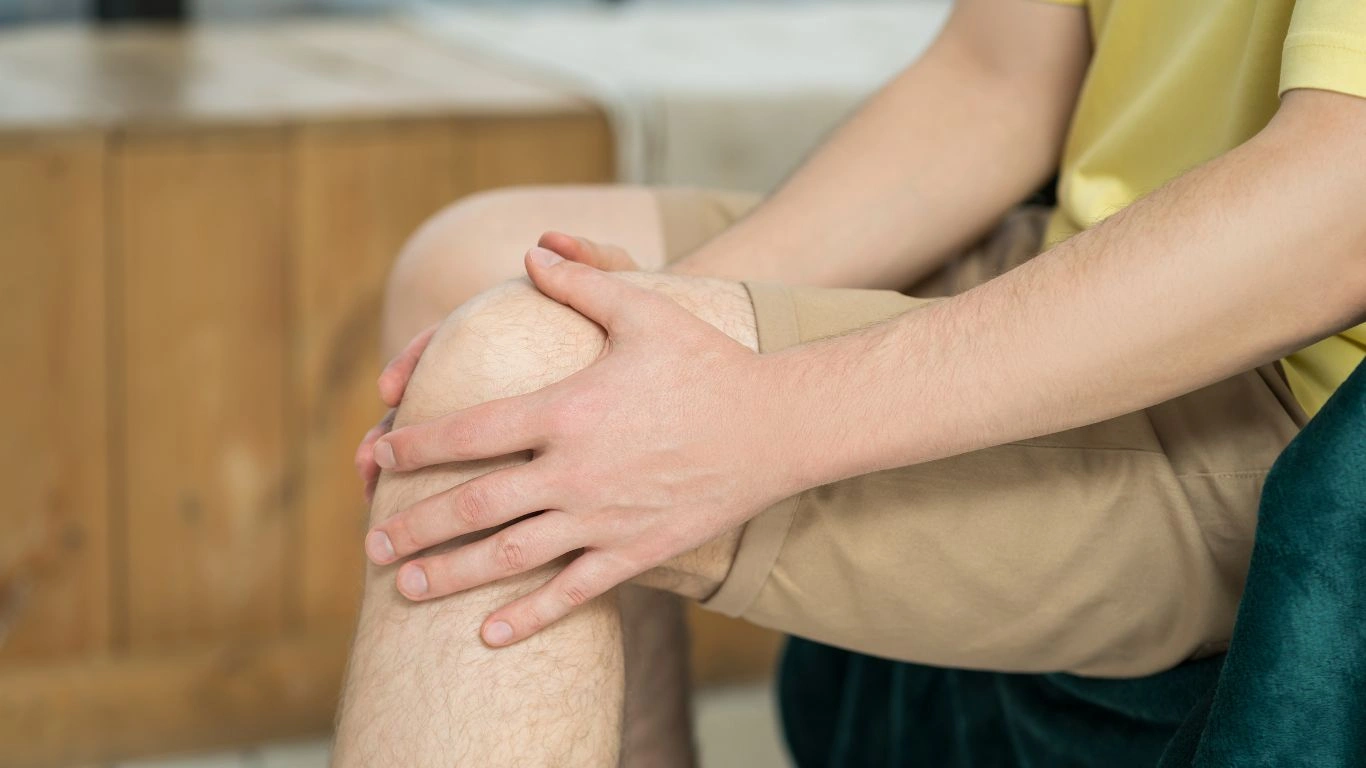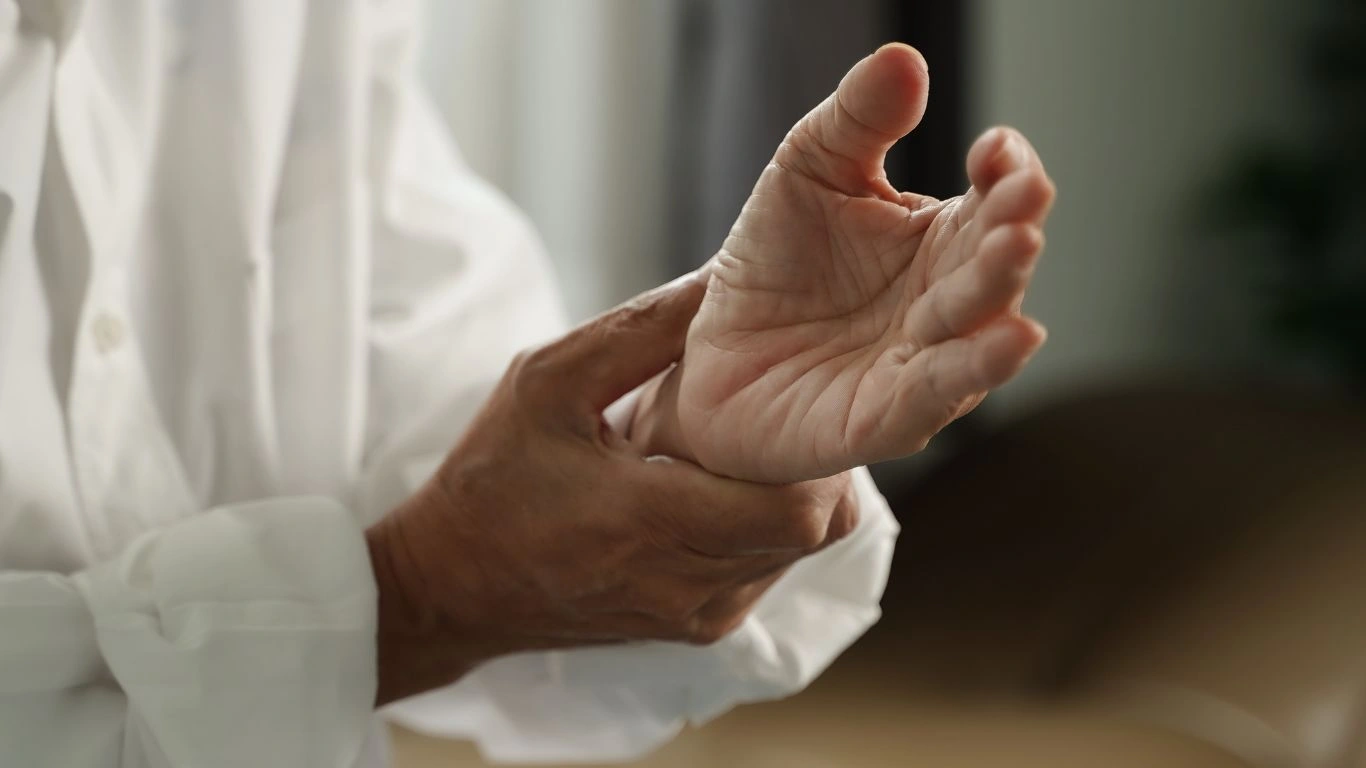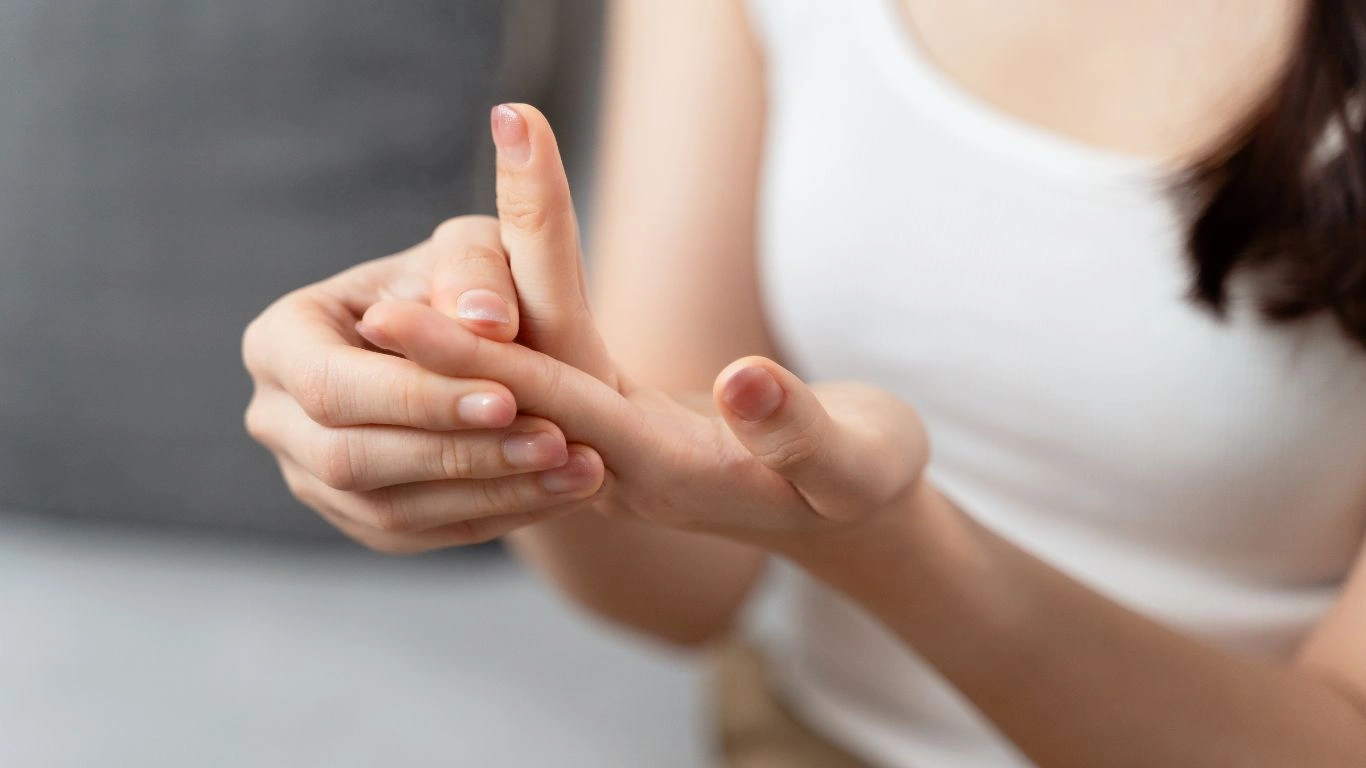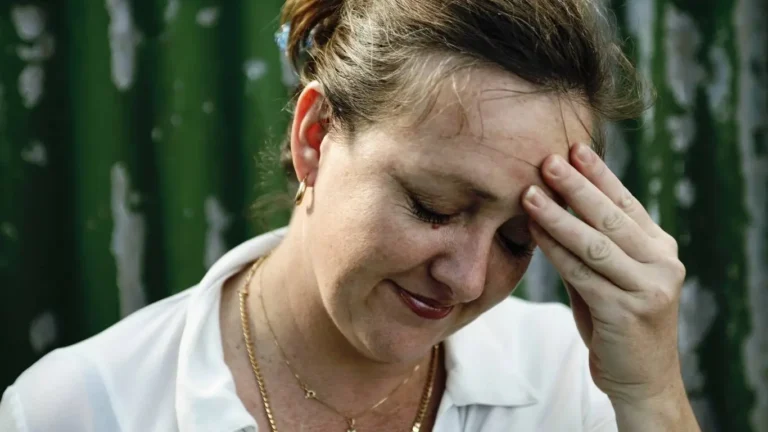Understanding Rheumatoid Arthritis in Children – A Comprehensive Guide
If you’re a parent, hearing that your child has rheumatoid arthritis can feel overwhelming. But don’t worry—this guide will walk you through what you need to know about this condition and how to support your child effectively.

What is Rheumatoid Arthritis in Children?
Rheumatoid arthritis in children is a chronic autoimmune condition. Basically, the immune system, which usually protects the body, starts attacking healthy tissues—like joints. It sounds scary, but with the right care, kids with this condition can lead full, active lives.

There are different types of JIA, including:
- Oligoarticular JIA: Affects fewer than five joints.
- Polyarticular JIA: Involves five or more joints.
- Systemic JIA: Affects the whole body, sometimes causing fever and rashes.
Each type comes with its own challenges, but understanding the basics is a great starting point.
Symptoms of Rheumatoid Arthritis in Children
Symptoms can vary depending on the type of JIA, but here’s a general list of things to look out for:
- Joint Stiffness: Especially in the morning.
- Swelling: Joints might look puffy.
- Pain: Joints can be tender, especially during movement.
- Fever or Rash: More common in systemic JIA.
- Fatigue: Your kid might seem more tired than usual.

If you notice these signs, it’s worth checking in with a pediatrician or a specialist. Early treatment makes a big difference!
Managing Rheumatoid Arthritis in Children
Good news: there are plenty of ways to manage JIA and help your child feel better. Here are some of the main strategies:
1. Medications
– Nonsteroidal Anti-inflammatory Drugs (NSAIDs): Help with pain and inflammation.
– Disease-modifying Antirheumatic Drugs (DMARDs): Slow disease progression.
– Biologics: Target specific parts of the immune system for more effective control.
2. Physical Therapy
Staying active is important! Physical therapy helps improve joint flexibility and strength. A therapist can create a custom plan that works for your kid’s needs.
3. Diet and Nutrition
While no magic diet cures JIA, a balanced diet with anti-inflammatory foods can help. Think fruits, veggies, fish rich in omega-3s, and whole grains.
4. Emotional Support
Chronic conditions can take an emotional toll on kids. Counseling or support groups might be helpful for your child—and for you, too.

FAQs
- Can JIA go away on its own? Yes, some kids do outgrow JIA, but others may need long-term management. It varies by case.
- Is JIA the same as adult RA? Not exactly. They’re both autoimmune, but JIA is specifically diagnosed in children under 16 and has different subtypes.
- Can sports make JIA worse? Not necessarily. Low-impact activities like swimming or yoga are often encouraged. Always check with your doctor first.
- Are there alternative treatments for JIA? Some families explore acupuncture or herbal remedies, but always consult a doctor before trying anything new.
- How can I help my child cope emotionally? Encourage open communication, and consider professional counseling if needed. Building a support network is also helpful.
References
- Arthritis Foundation. (2023). Juvenile Idiopathic Arthritis Overview. Read More
- National Institutes of Health (NIH). (2024). Managing Juvenile Rheumatoid Arthritis. Read More
- American College of Rheumatology. (2024). Pediatric Rheumatology: FAQs. Read More
Disclaimer: This article is for informational purposes only and should not replace professional medical advice. Always consult a healthcare provider for guidance specific to your situation.

Tarra Nugroho is a dedicated Nurse Practitioner with a strong foundation in family and preventive care. She brings both compassion and clinical expertise to her practice, focusing on patient-centered care and health education. As a contributor to Healthusias.com, Tarra translates medical knowledge into clear, empowering articles on topics like women’s health, chronic disease management, and lifestyle medicine. Her mission is simple: help people feel seen, heard, and informed—both in the clinic and through the content she creates. When she’s not caring for patients, Tarra enjoys weekend hikes, plant-based cooking, and curling up with a good health podcast.






